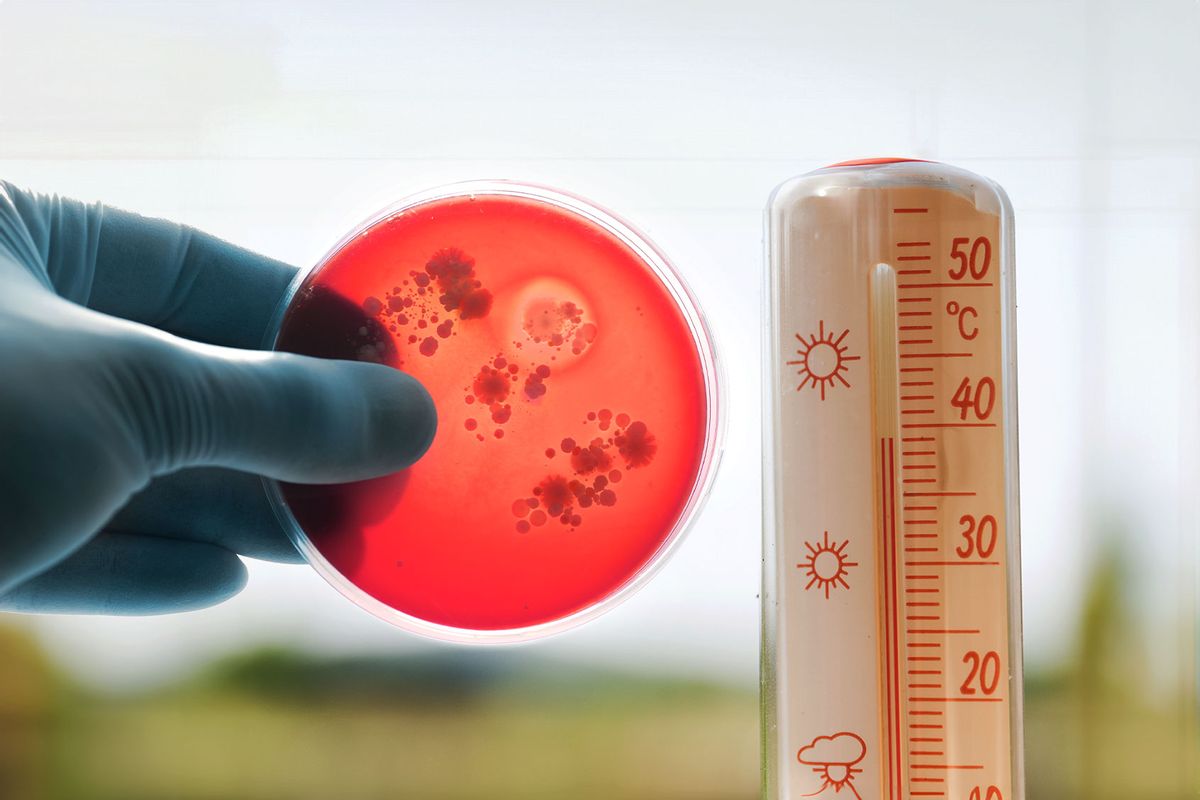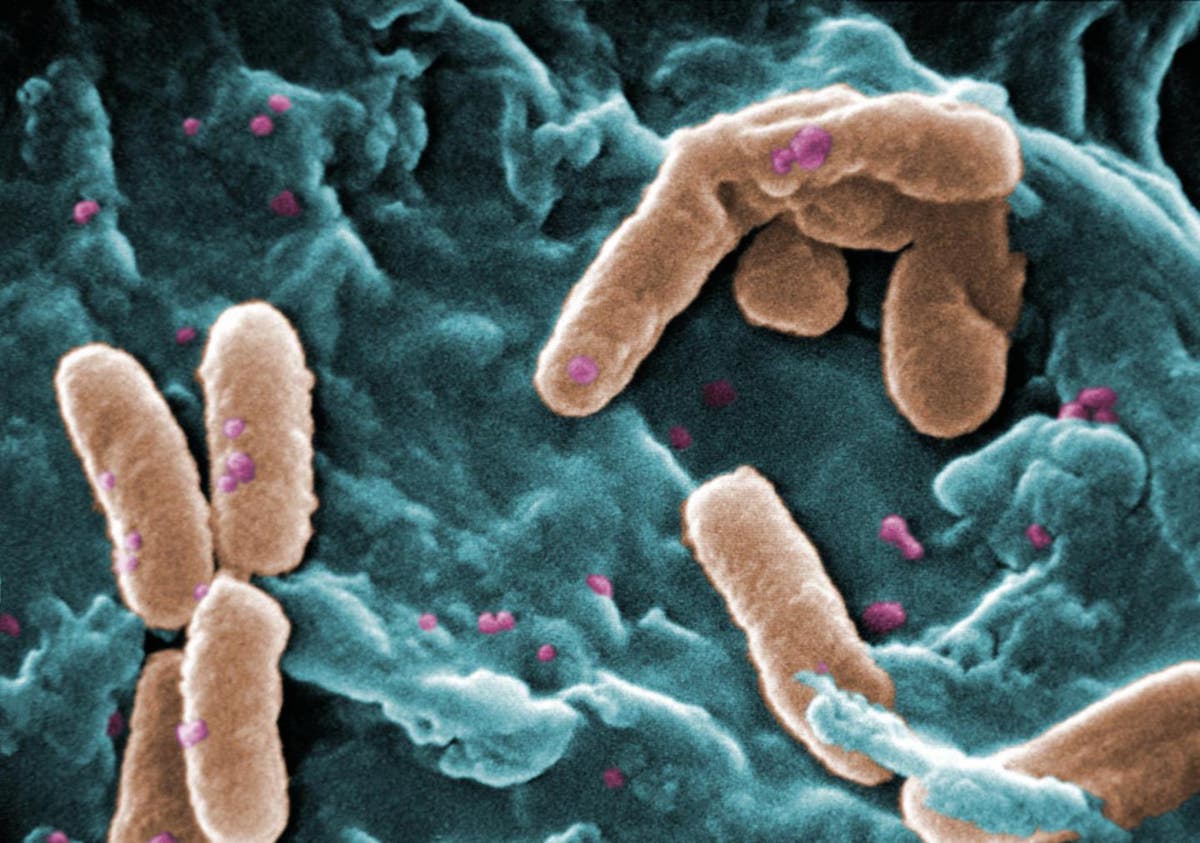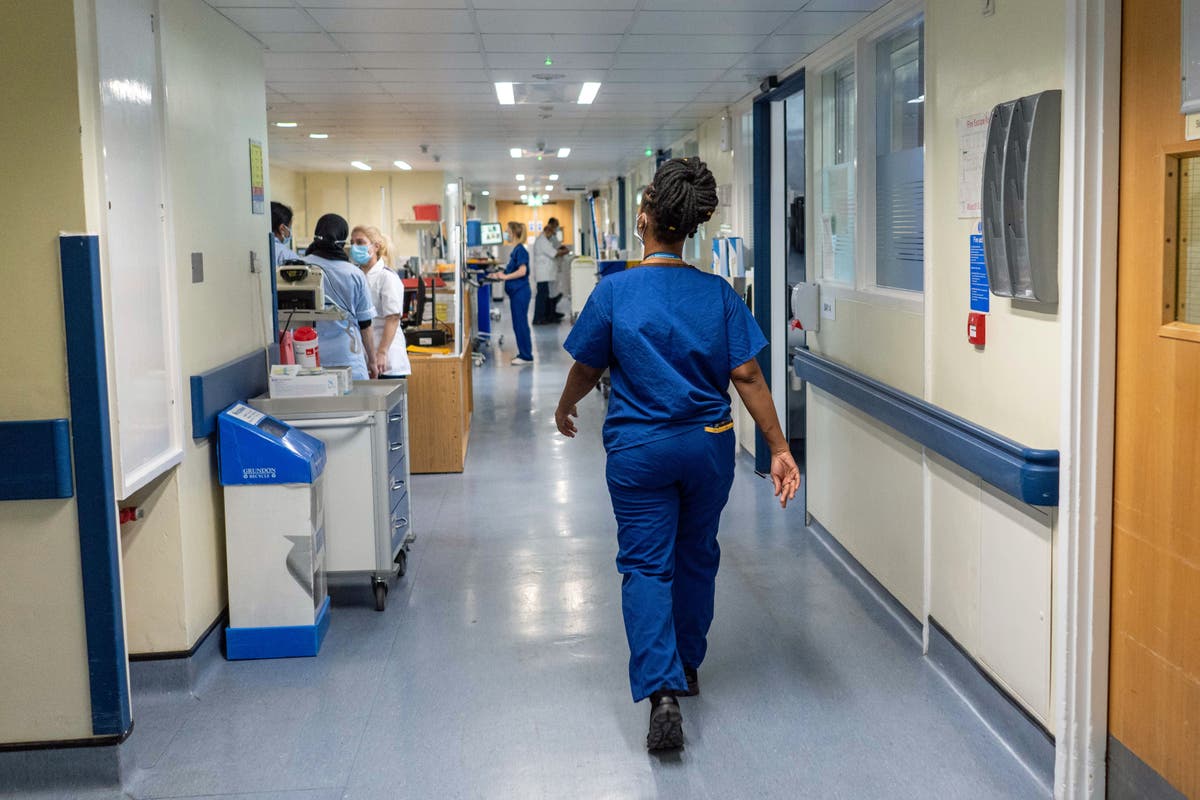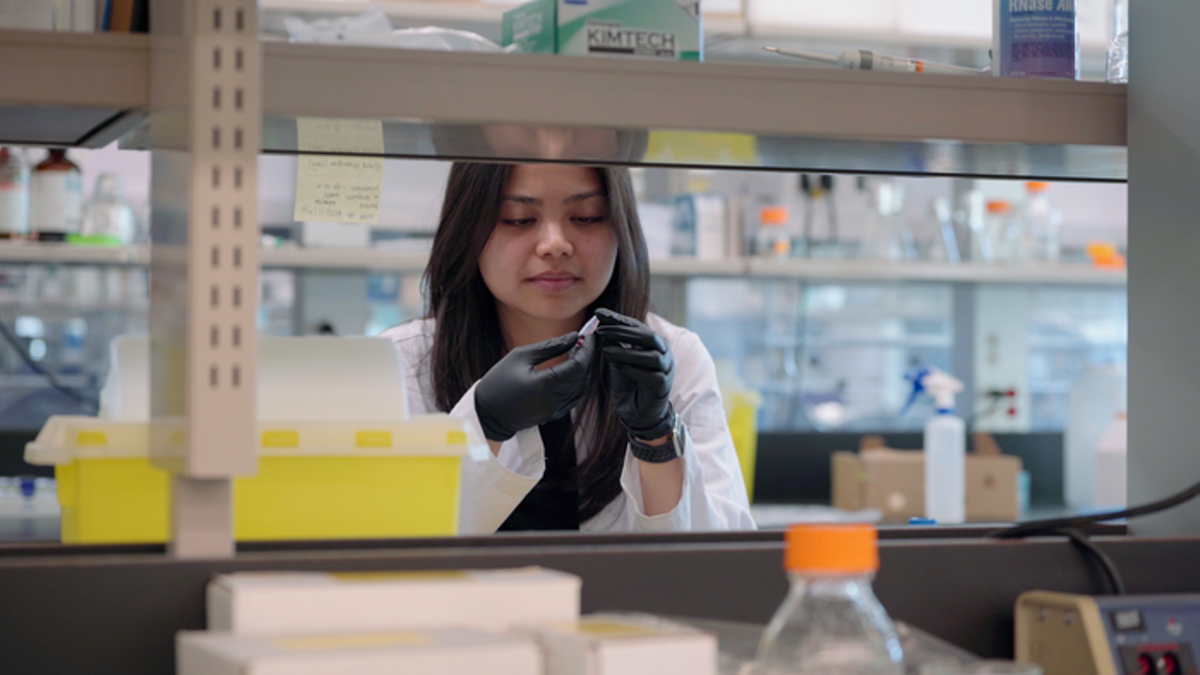
Common antibiotic use linked to rise of ‘almost untreatable’ superbug
The IndependentSign up for our free Health Check email to receive exclusive analysis on the week in health Get our free Health Check email Get our free Health Check email SIGN UP I would like to be emailed about offers, events and updates from The Independent. Read our privacy policy A common antibiotic used to treat liver disease could give rise to an “almost untreatable” superbug, scientists warned in a new study. The antibiotic, rifaximin, has enabled the global emergence of vancomycin-resistant enterococcus faecium, or VRE, a superbug that frequently causes serious infections in hospitalised patients, according to an eight-year-long study published in the journal Nature. But when exposed to rifaximin, the VRE bacteria don’t just get one boost – they gain multiple abilities, like super-speed and super-strength, allowing them to easily defeat even the final boss,” study co-author Adrianna Turner explained. “Rifaximin doesn’t just make bacteria resistant to one antibiotic; it can make them resistant to others, including critical last-resort antibiotics like daptomycin.” Could a Fungal Pandemic Like in the ‘The Last of Us’ Actually Happen?
History of this topic

Antibiotic resistance a looming, lethal global threat
Hindustan Times
Antibiotic-resistant bacteria: New drug can fight off 300 different types of superbugs
Daily Mail
Study: Drug-resistant bacteria kill 1.2 million globally
Associated Press
Study: Drug-resistant bacteria kill 1.2 million globally
LA TimesDiscover Related


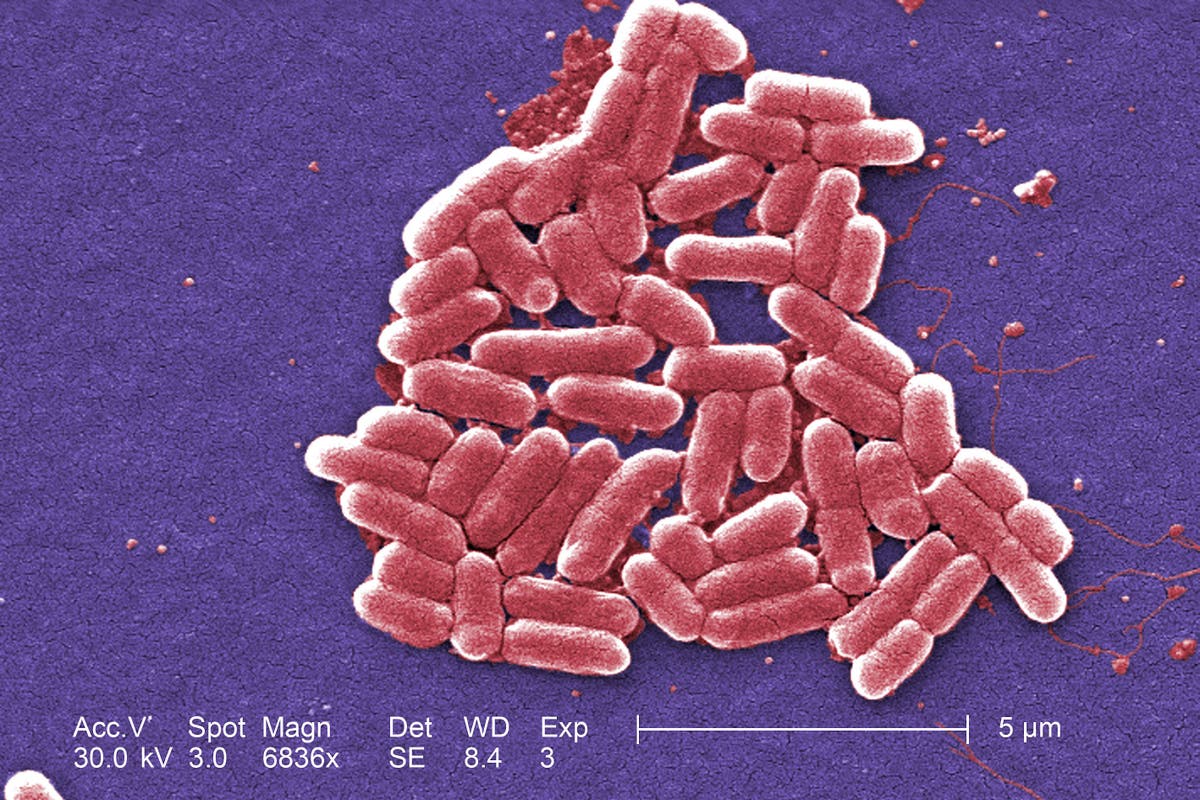

)









